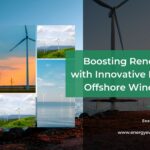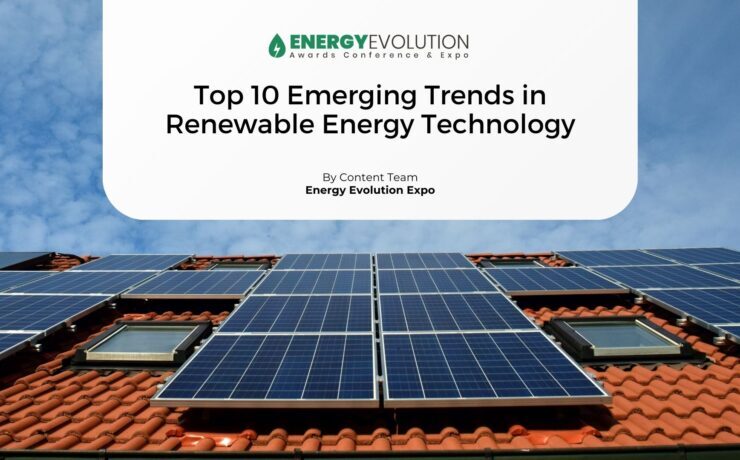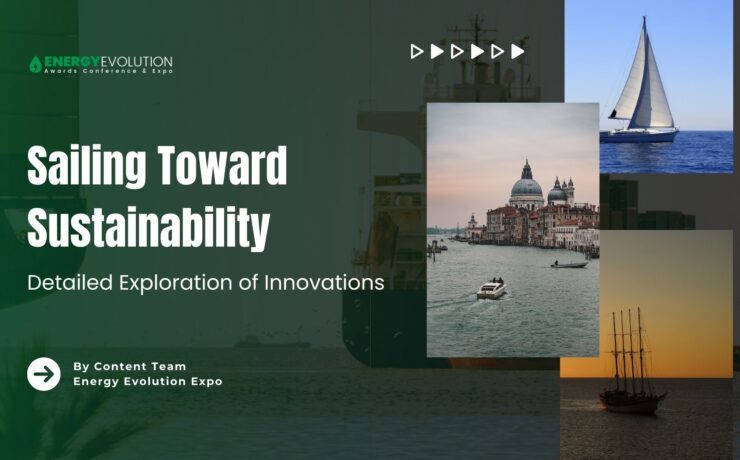Embracing the Future: The Green Hydrogen Initiative and Renewable Energy
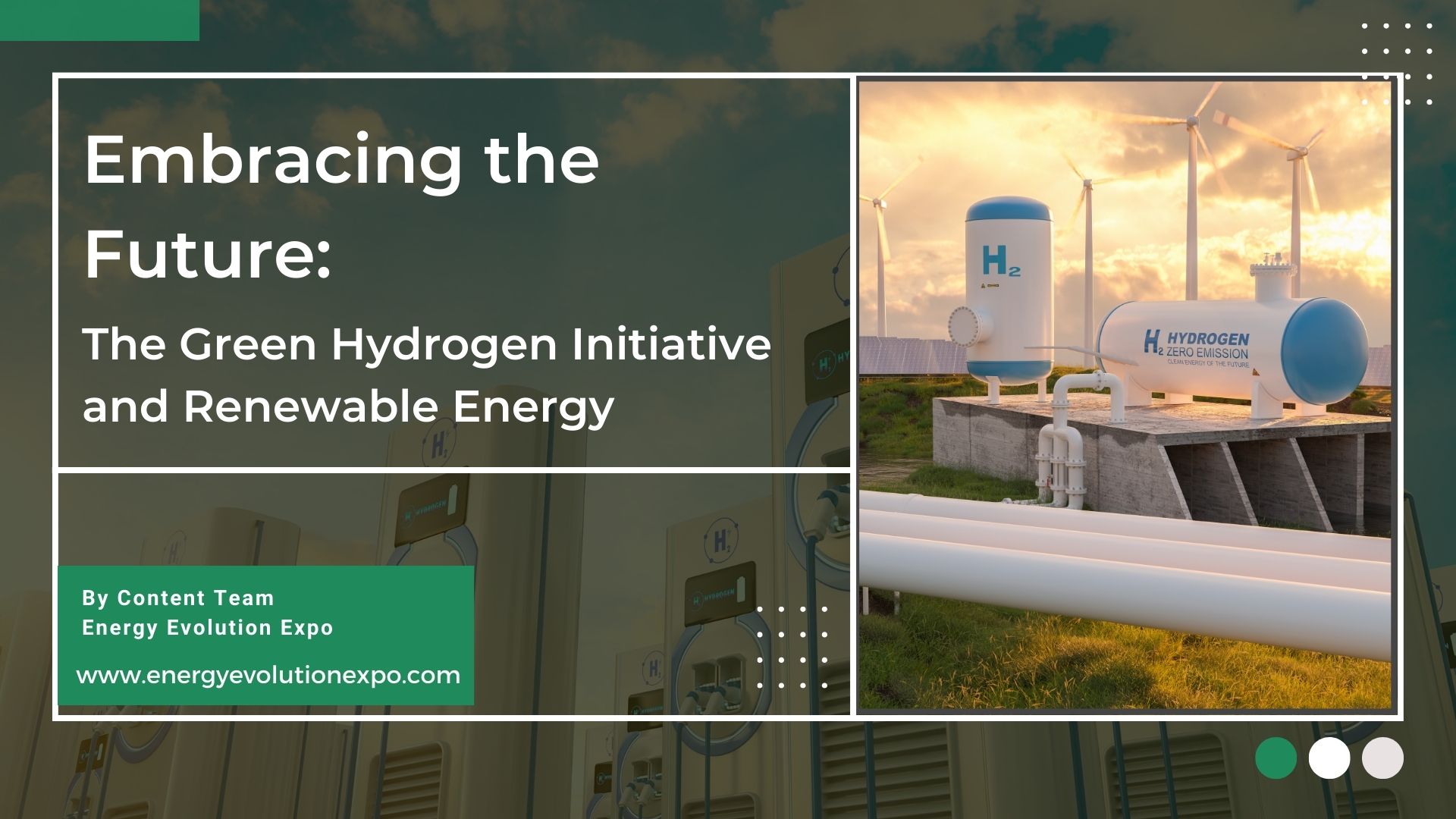
Introduction
In the quest for sustainability, the international energy sector is experiencing a significant transition towards renewable sources. Within this landscape of innovations, green hydrogen stands out as a promising solution, providing a clean and adaptable energy source that has the capacity to transform multiple industries. This document examines the developing Green Hydrogen Initiative, addressing its importance in the realm of renewable energy and its potential to redefine our global landscape.
Table of Contents
Hydrogen, being the most abundant chemical element in nature, has seen a significant rise in global demand over the years, particularly for use as a fuel source. Green hydrogen, known for its cleanliness and lack of residual emissions, is becoming increasingly appealing in contrast to traditional sources like coal and oil. With hydrogen already established as a fuel for various modes of transportation since the 19th century, its role in industrial applications continues to evolve.
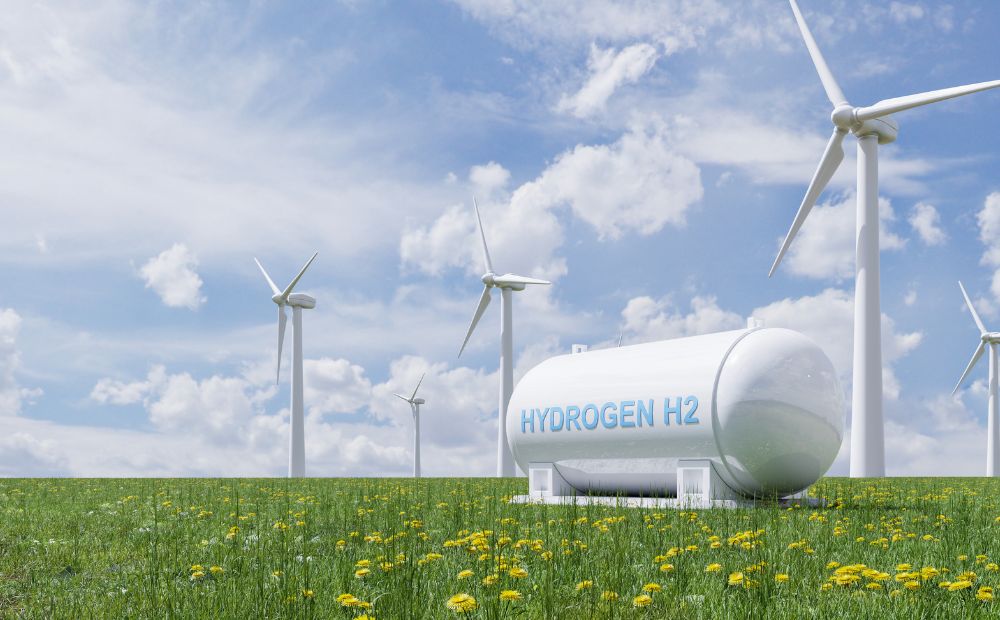
The imperative shift towards decarbonizing the global economy further underscores the potential of hydrogen. If production costs can indeed decrease by 50% by 2030, as anticipated by the World Hydrogen Council, hydrogen is poised to become a key player in the future of energy. Central to this technology is electrolysis, a chemical process that generates hydrogen – a versatile, lightweight, and highly reactive fuel.
This method uses an electrical current to separate the hydrogen from the oxygen in water. If this electricity is obtained from renewable sources we will, therefore, produce energy without emitting carbon dioxide into the atmosphere. As the IEA points out, this method of obtaining green hydrogen would save the 830 million tonnes of CO2 that are emitted annually when this gas is produced using fossil fuels.
Progress in Clean Hydrogen Development
- Technological Advancements and Projects:
- H2 Green Steel in Sweden: This startup is developing the world’s first large-scale green steel plant powered by Europe’s first giga-scale electrolyzer. It has raised €6.5 billion for its construction.
- ACWA Power in Saudi Arabia: This company has initiated a 2.2 GW green hydrogen project, with plans to export hydrogen in the form of green ammonia to Europe, reflecting the project’s global impact.
- Global Hydrogen Investments: Projects are scaling up from 20 MW to several 100-250 MW facilities. The Green Hydrogen Catapult coalition, including major players like H2 Green Steel and ACWA, is on track to reach 45 GW of green hydrogen projects by 2030.
Read More
- Policy and Economic Incentives:
- World Bank’s 10 GW Initiative: The World Bank has proposed a 10 GW clean hydrogen initiative to boost the adoption of low-carbon energy, focusing on regions with high renewable energy potential but limited current infrastructure.
Read more
- World Bank’s 10 GW Initiative: The World Bank has proposed a 10 GW clean hydrogen initiative to boost the adoption of low-carbon energy, focusing on regions with high renewable energy potential but limited current infrastructure.
- Inflation Reduction Act in the U.S.: This act provides significant tax credits for green hydrogen production, aimed at reducing emissions and encouraging investment in renewable energy sources.
https://news.mit.edu/2024/mit-researchers-scaling-clean-hydrogen-production-0108)
- Corporate and Sectoral Engagement:
- Sustainable Steel Buyers Platform (SSBP): This platform brings together corporations from the automotive, tech, and construction industries to support zero-emission steel production using hydrogen. It aims to pool demand and make green steel projects financially viable.
https://rmi.org/hydrogen-state-of-the-union-where-we-stand-in-2024/.
Challenges Facing the Clean Hydrogen Initiative
- Cost and Scalability:
- High Production Costs: Producing hydrogen through electrolysis using renewable energy is still expensive. Costs need to be reduced to make green hydrogen competitive with fossil fuels.
- Scaling Up Infrastructure: Building the necessary infrastructure for production, storage, and distribution at a global scale presents a significant challenge. Existing projects are often limited in scale and concentrated in specific regions.
https://news.mit.edu/2024/mit-researchers-scaling-clean-hydrogen-production-0108
- Policy and Regulatory Issues:
- Inconsistent Regulations: Different countries have varying regulations and standards for hydrogen production and usage, which can hinder international collaboration and market development.
- Additionality and Emissions Accounting: There are debates over how to ensure that hydrogen production genuinely uses additional renewable energy, rather than displacing it from other uses. This affects the credibility and effectiveness of carbon reduction claims
- Market Demand and Offtake:
- Securing Offtake Agreements: One of the biggest barriers to project development is the lack of guaranteed demand. Companies need long-term agreements to ensure a market for the hydrogen they produce.
- Sector-Specific Adoption: While sectors like steel and shipping show promise, widespread adoption across all industries is necessary to achieve a significant impact. This requires coordinated efforts and substantial investments in technology adaptation.
The clean hydrogen initiative is crucial for achieving global decarbonization goals. Significant progress has been made, with large-scale projects and supportive policies paving the way. However, challenges in cost, infrastructure, regulation, and market demand must be addressed to fully realize hydrogen’s potential. Continued innovation, investment, and international cooperation will be key to overcoming these obstacles and harnessing clean hydrogen’s full benefits.
To facilitate understanding of the latest developments and trends in the Renewable energy Industry, various Conferences and Expos, which bring Industry leaders together, are crucial. The Energy Evolution Awards, Conference, and Expo organized by Next Business Media is making its debut in Spain in 2025. It will be a leading forum dedicated to honoring excellence in Energy Technology, showcasing innovations, and fostering collaborations.
The events unite industry leaders, and visionaries to explore the latest advancements, tackle key challenges, and shape the future of Energy. The Energy Evolution Awards, Conference, and Expo will celebrate outstanding achievements, promote sustainable practices, and drive the Energy Industry forward into a technologically advanced sustainable era. Energy Evolution Awards, Conference, and Expo will be a platform for cultivating innovation and shaping a brighter, more efficient energy landscape.



